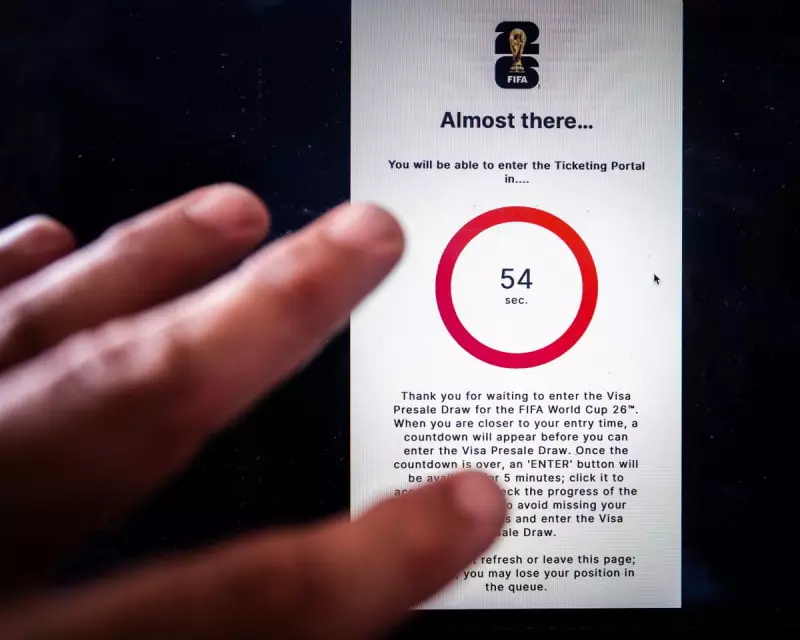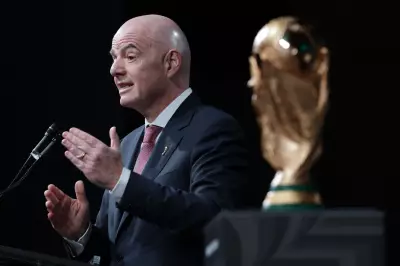
The beautiful game is facing an ugly reality check as FIFA comes under fire for World Cup ticket pricing that critics claim is pushing ordinary fans towards the sidelines.
Recent analysis reveals that attending football's premier tournament has become increasingly prohibitive, with price hikes far outpacing inflation and leaving many lifelong supporters priced out of the experience.
The Growing Divide Between Fans and Football
What was once considered a celebration of global football has gradually transformed into an increasingly corporate affair, with ticket structures favouring premium packages and hospitality suites over affordable options for dedicated fans.
Industry experts point to a worrying trend where major sporting events are becoming inaccessible to the communities that form their very foundation. The traditional match-going supporter, who creates the vibrant atmosphere that makes World Cup football so special, is being systematically excluded.
Voices of Dissent Grow Louder
Fan groups and football commentators alike are raising serious concerns about the long-term implications of this pricing strategy:
- Young fans and families being permanently priced out of major tournaments
- The erosion of authentic atmosphere in favour of corporate hospitality
- Growing disconnect between the global football governing body and its grassroots support
- Risk of creating sterile, tourist-dominated stadium environments
"When the cost of attending a single match could cover a family's monthly grocery bill, we have to question who these events are really for," remarked one football analyst.
The Future of Football Fandom
As preparations continue for upcoming World Cup tournaments, the debate around accessibility and affordability shows no signs of abating. Many are calling for FIFA to implement:
- Transparent pricing structures with significant affordable allocations
- Protected ticket categories for local fans and traditional supporters
- Reasonable pricing for group-stage matches to ensure full stadiums
- Clear communication about distribution strategies and pricing tiers
The fundamental question remains: can football truly claim to be the world's game if its premier event becomes the exclusive domain of the wealthy?
With the next World Cup expanding to include more teams and matches, the opportunity—or responsibility—to make the tournament genuinely accessible to diverse global audiences has never been greater. The beautiful game's soul may depend on getting this balance right.





